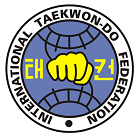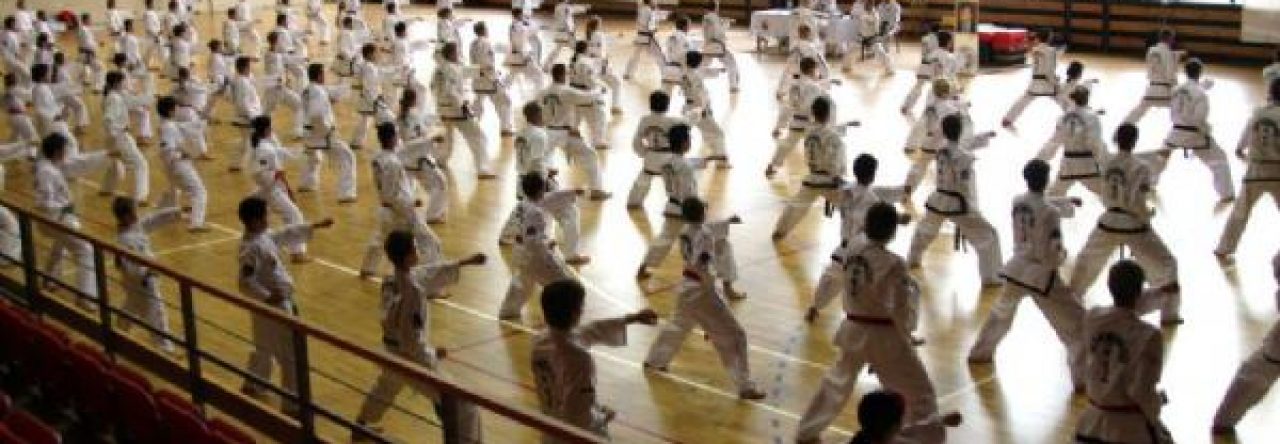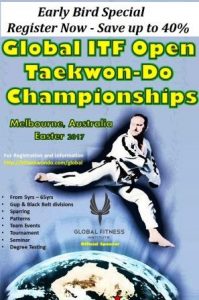Olympic Taekwondo 2016
So as another installment of Olympic Taekwondo comes to a conclusion, it’s time for us to once again reflect on the bigger picture that is Taekwondo.
Every 4 years the same debates roll out regarding the presence of Taekwondo in the Olympics, and many self-proclaimed traditionalists will testify that the Taekwondo on public view to the millions is not the martial art as the Founder intended.
On the flip-side, those who are indeed heavily invested in the Olympic version do not even hear or regard the arguments that resonate from the outside, as they strive to win Gold for their country.
So how can two groups of people have such polarized views on the Olympic version of Taekwondo, and one wonders whether other sports suffer the philosophical same divide.
When Taekwondo was first included in the Seoul Olympics back in 1988 as a demonstration sport, and then went on in 1996 to be a full medal sport, it was regarded as a major coup for the organizations who were involved, and the death knell for those who weren’t.
Just as we have been every four years before, the end of another Olympic campaign leaves us with more questions than answers.
The future of Taekwondo
But has it panned out that way all these years later, what has become of the public perception of Taekwondo in 2016, as we get engulfed by the popularity of MMA and UFC ?
Concerns about the standard of competition, the range of techniques used, the attractiveness to a television and live audience and hence the appeal to potential lucrative sponsors leave Taekwondo delicately poised in terms of its future as an Olympic sport.
Have Taekwondo organizations, and their member schools flourished since the inclusion of Taekwondo as an Olympic Sport ? What value was derived from the millions of dollars each nations government pumped int the sport version fo Taekwondo ?
With a large group on anti-Olympic practitioners defending their traditional, or original martial art, why do these same organizations still pin their hopes on one day being included in something they so vehemently oppose ?
Is our main concern about which organization is represented, and hence reaps the rewards of government and corporate backing, or is our primary concern what the sport/art actually looks like in the public domain ?
At this juncture nothing should be taken away from the countless hours of hard work done by the athletes and coaches themselves, as with any other Olympic Sport, they have given their all to represent their country with great pride and they only compete within the rules that govern the sport.
At the end of each games we reflect the positives and negatives of Taekwondo’s inclusion in the Olympic schedule.
2016 Rio Olympics Medal Board – Taekwondo

Post Sponsored by Global Fitness Institute
by Michael Muleta, 8th Degree
- President & Technical Director, United ITF Taekwondo Australia
- Director – ITF Centre of Excellence
- Chief Instructor – Thoroughbred Taekwon-Do

Article sponsored by – Global Fitness Institute


